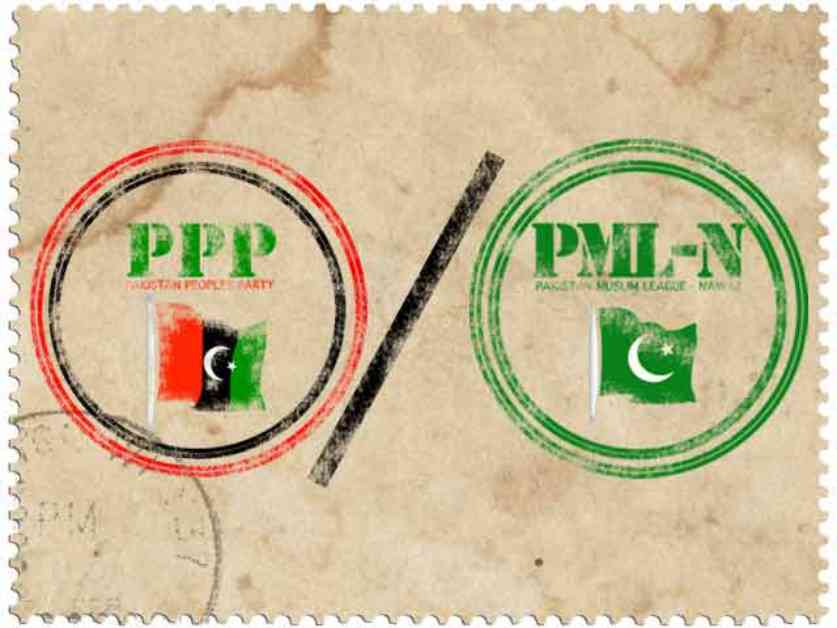The tensions between the Pakistan Peoples Party (PPP) and the ruling Pakistan Muslim League-Nawaz (PML-N) have escalated to new heights, as the PPP leadership has decided to challenge the federal and Punjab government’s policies openly. This strategic move by the PPP comes after feeling consistently sidelined on crucial issues, marking a significant shift in their approach towards the ruling party.
PPP’s Decision to Challenge PML-N
Sources within the PPP have indicated that the party leadership has given the green light for its central and provincial leadership to openly criticize the governance strategies of the PML-N at both the federal and provincial levels. This change in stance aims to send a clear message to the ruling party that the PPP will no longer remain a passive observer. The decision reflects a departure from the previous policy of restraint, as the PPP now aims to highlight what it perceives as flawed policies and inefficiencies in governance.
Bilawal Bhutto Zardari’s Criticism
The recent criticism from PPP Chairman Bilawal Bhutto Zardari towards the PML-N’s governance style and alleged breaches of agreements has set the stage for a direct confrontation between the two parties. Bilawal’s remarks, coupled with the stern warning issued by PPP Spokesperson Shazia Marri, indicate a growing rift that could have far-reaching implications for the ruling coalition.
Implications of PPP’s Stand
The PPP’s grievances stem from a series of disputes and alleged lack of consultation on critical issues, leading to deepening mistrust between the allies. Despite repeated assurances and attempts to resolve differences, both parties have struggled to maintain a harmonious relationship. The threat of withdrawing support looms large, signaling a potential shift in the political landscape if the current discord persists.
Analysis and Future Outlook
Political analysts view the PPP’s decision as a strategic move to pressure the PML-N into adopting a more inclusive decision-making process. The ongoing tensions highlight underlying power dynamics and challenges within the ruling coalition, raising questions about the future of their partnership. As the situation unfolds, the implications of the PPP’s stance on national politics remain uncertain, with potential repercussions for stability and governance in Pakistan.









